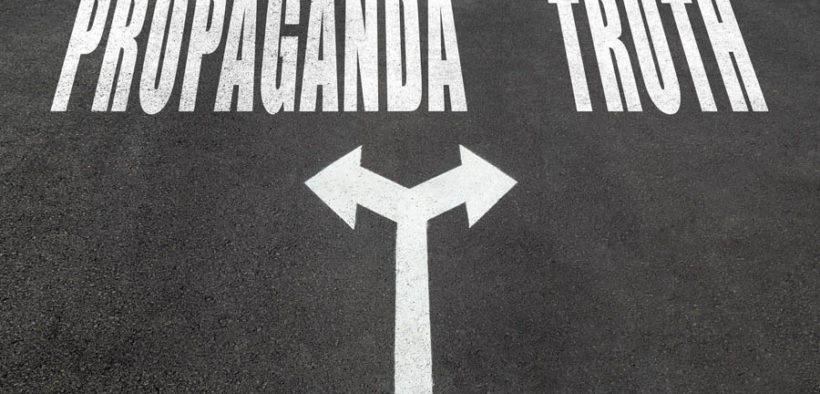Op-Ed: The difference between doing ethical public relations vs. malicious propaganda

The case of Sixto “George” Díaz-Colón makes us think about the difference between doing ethical public relations versus malicious propaganda.
The relationship between public relations and ethics is a complex issue. On the one hand, public relations are an essential tool for building and maintaining a good image of a company, organization or individual. However, they can also be used in an unethical or even malicious way, known as propaganda.
Ethics in public relations refers to the practice of being transparent, honest, and responsible in communications with the public. This means not deceiving, not hiding important information, and being aware of how our actions can affect others. An example of this would be a company that honestly reports a security issue in one of its products, rather than trying to cover it up.

On the other hand, malicious propaganda refers to the use of communication techniques in a deceptive or manipulative manner to influence or take advantage of public opinion. For example, as presented in the case of producer Sixto George, the alleged extortion attempt to prevent the governor’s chats from appearing and to pay influencers or celebrities to stop calling for the governor’s resignation and change the narrative of the moment.
The case under discussion presents many issues that we must discuss: the issue of extortion, the issue of power in communications, the issue of ethics in communications, and the issue of some influencers who lend themselves to say whatever in exchange for money. (It’s clear to me that not all influencers do this. Many do it transparently, disclosing their patronage.)
The difference between doing ethical public relations and malicious propaganda lies in the intent and veracity of the information that is shared. Ethical public relations seek to build solid and lasting relationships based on trust, transparency, and truth, which implies mutual understanding and two-way communication; propaganda seeks to manipulate and deceive people to obtain a personal benefit.
Ethical public relations are critical to building honest and lasting relationships with the public, while malicious propaganda seeks to manipulate and deceive people for selfish ends. It is important to be aware of this difference and always choose licensed public relations practitioners who follow the ethical canons of our profession.
Subsection N. of the code of ethics of the Puerto Rico Relations Association states: “You will not engage in bribery practices to achieve desired actions by clients, journalists, the media, government officials, or any other citizen.”
Public relations practitioners understand this.




